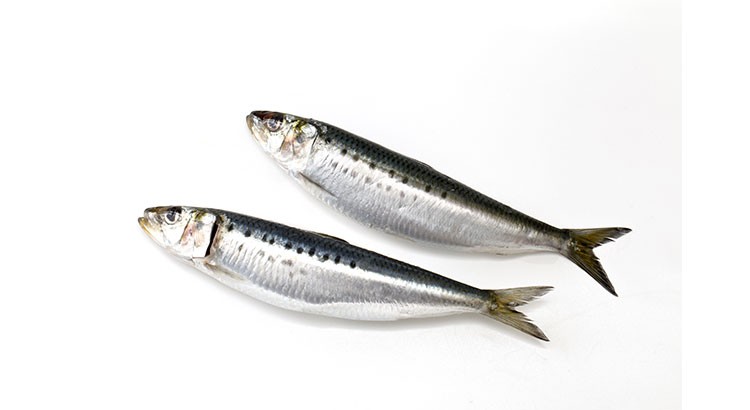What are some of the incredible properties of Omega-3?
mis à jour le 14 July 2015 à 18:30Found in oily fish, Omega-3 is good for our health and especially our brain! Here are some more benefits of the fatty acid.
These powerful antioxidants are the stars of fatty acids. Not only do they contribute to the good health of our arteries, but in addition they guarantee the integrity of our brain. Indeed, neurons consist mostly of fat. Now, more brain cell membranes contain Omega-3, it is more flexible and nerve connections are fluid.
Omega-3s also help fight against inflammation related to oxidative stress that can destroy certain neurotransmitters. "By producing anti-inflammatory molecules, these fatty acids protect neurotransmitters," explains Prof. Olivier Coudron, professor of nutrition and health at the University of Burgundy, Faculty of Medicinal Pharmacy*. Another point that fascinates scientists: "Many degenerative diseases associated with aging are delayed by the consumption of Omega-3, be it Alzheimer's disease, AMD or osteoarthritis . This is an important axis of research for the future," enthuses Prof. Michel Lagarde, honorary president of the Multidisciplinary Institute of Lipid Biochemistry (IMBL).
While it is still too early to speak of preventive or therapeutic doses, it appears that consuming between 1 and 2g of Omega-3 per day (including 500mg of marine origin) is recommended. But this is where things get complicated. Our body can not manufacture Omega-3, so they must be supplied by food. They are mostly found in oily fish and some vegetable oils. But they also contain other essential fatty acids like Omega-6. They help preserve the integrity of the skin, triggering an inflammatory reaction in case of infection or regulate the flow of blood. It's good for our health but when you consume too much, their benefits disappear and they backfire.
Furthermore, Omega-3 and Omega-6 are in competition because they need the same enzymes to be broken down and used by the body. To enjoy the benefits of these nutrients, consume Omega-6 and Omega-3 at the maximum ratio of 4:1.
Here's an advice: eat 400g of oily fish per week (salmon, herring, sardines, mackerel, etc) for 2 or 3 meals. Avoid deep frying as that destroys the fatty acids. Instead, steam the fish. If allergic to fish, resort to fish oil capsules with advice from your pharmacist.
Alternatively, rapeseed, linseed or walnuts rich in Omega-3 and low in Omega-6 can be taken (1 to 2 tablespoons per day). Extremely sensitive to oxidation, these oils should be stored away from light and heat and consumed quickly after opening. Algae oils, highly concentrated in Omega-3, are also expected to appear on the market in the coming years.
*Fondateur du scientific institute for intelligent nutrition, SIIN
Maureen Diament
Read More:
Are saturated fatty acids in milk or butter bad?
Olive Oil: Beneficial to more than just the heart
Healthy Fat: End the war against fat!




